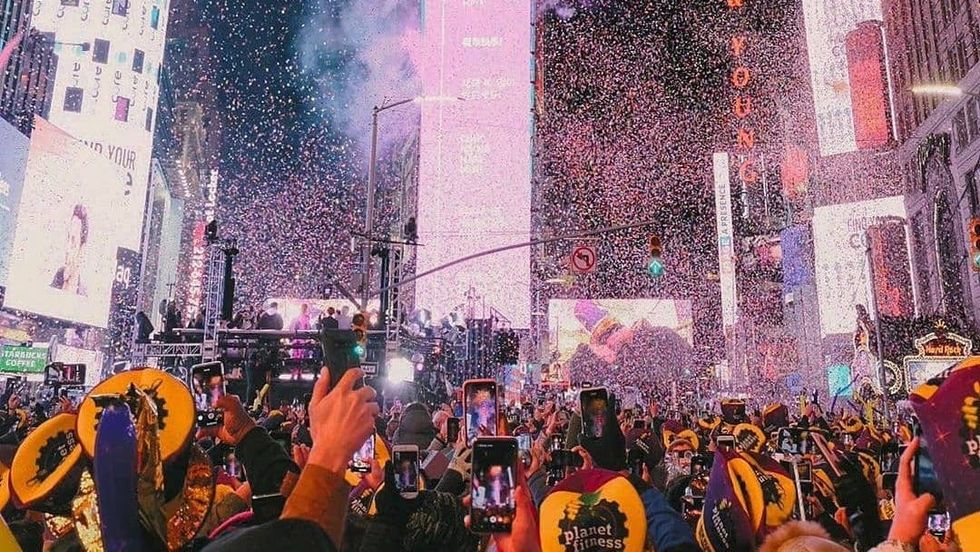The first presidential election I was aware of was in 2008, between Barack Obama and John McCain. I don't remember much, to be fair, just that my second-grade class had a mock election that Obama won and that the nation as a whole came to the same conclusion on Election Day.
The 2010s began, a couple of years later, with that same state of blurry half-awareness. I knew who was in charge and was vaguely aware of important things — the Affordable Care Act, the death of Osama bin Laden — but I understandably didn't fully understand them, nor did I particularly care to.
But for me, like for most people my age, that changed drastically over the course of the decade.
According to Pew Research Polling, 70 percent of Gen Z thinks that the government needs to do more to solve society's problems. The majority of Gen Z agrees with NFL protestors, knows that human activity influences climate change, and see increased diversity as beneficial to society. Even Gen Z people who identify as Republicans are 13 percent more likely than millennial Republicans to agree that black people are treated unfairly in our society. A lot of these positions can be attributed, at least in part, to the political and social climate of the 2010s, in which much of Gen Z began to form its own opinions and establish its own sort of political consciousness.
The 2010s was the decade in which I started to care about politics, when I voted in my first election, when I started to figure out who I was and what I believed in. The backdrop for this self-discovery, however, was a country seemingly moving in two opposite directions. I, like every other person my age watching, saw the first-ever female presidential nominee by a major party and, now, a Democratic field with numerous serious female contenders.
Simultaneously, we watched as a man who bragged about sexual assault was elected president.
We saw the first black president in a decade of pervasive police brutality against people of color.
We saw Obergefell v. Hodges make marriage equality the law of the land.
We saw the Trump administration rollback LGBT protections implemented under the Obama administration.
This culture appears to have produced a generation of politically opinionated, involved young people, as least as far as available voting data for older Gen Z indicates. In 2018, for instance, Gen Z turned out at a higher rate than both millennials and Generation X did in their respective first elections.
And, there's no indication that this trend will slow down in the 2020s, either. Eighty percent of college students (who now primarily belong to Gen Z) plan to vote in the 2020 election, as opposed to the 48 percent voter turnout in 2016. Growing up in the 2010s was a formative experience for millions of young adults. Now we'll have to wait until November to see what impact this experience will have.

















